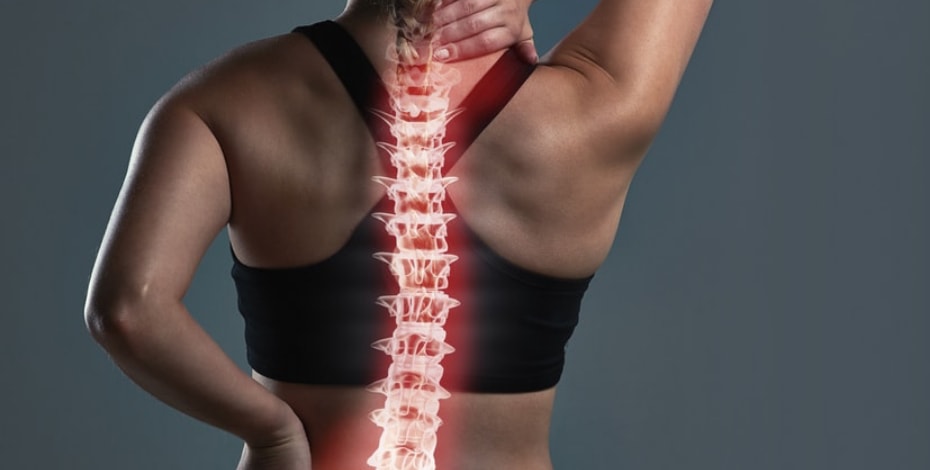
Discover Part A of APA’s foundational musculoskeletal courses

Dr Karen Richards, chair of the spinal course review committee, sheds more light on the Spinal Physiotherapy Part A (Lumbar) and Spinal Physiotherapy Part A (Cervical) courses.
Broadly speaking, what is covered in the Part A courses, and what is not?
The Part A courses are foundational level courses. They are built around a clinical reasoning model. While it is acknowledged there can be many different biopsychosocial contributors to the pain experience, the
Part A courses focus mainly on the ‘bio’ contributors. During the course, participants will use a systems-based approach to differentiate between articular, neurological, and muscular contributors to low back or neck pain. Time is also spent on the assessment and management of motor control disorders. There are case studies integrated into the courses that facilitate the clinical reasoning model and help participants plan and implement appropriate physiotherapy treatments/management.
Time is set aside to practise pertinent manual assessment and treatments skills. The courses deliver contemporary evidence-informed management practices for the lumbar and cervical regions. Part A courses do not include any special patient populations (eg, whiplash), pelvic pain, thoracic pain or more complex spinal pain conditions (which will be included in the Part B courses). Safe application of a high velocity thrust in the cervical area will be covered in Part B.
How do they compare to the retired Spinal Level 1 in terms of content and also a physiotherapist’s career trajectory?
The Part A Lumbar and Part A Cervical courses have superseded the now retired Spinal Level 1. They sit at the same learning level as the Spinal Level 1 course, but are more contemporary and evidence informed. The Lumbar and Cervical Part A courses have some prerequisite online modules; this has allowed more time during the face-to-face course to practise manual skills, develop clinical reasoning and implement manual treatment and exercise management as compared to the retired Level 1 course. Looking towards the future (when the proposed Part B courses are completed), there will be an option to enrol in one or both the Part A courses, or focus on one region (Part A Lumbar followed by Part B Lumbopelvic or Part A Cervical followed by Part B Cervicothoracic).
Who should attend the new courses?
The courses are best suited to a recent graduate physiotherapist, or those returning to musculoskeletal practice. The courses are the foundation to a career in musculoskeletal physiotherapy. The skills and knowledge presented in this course underpin the basis for the assessment and management of patients with low back or neck pain.
What are some key take aways that course participants will be able to immediately apply in their work setting?
While there is consensus in evidence-based guidelines for the management of spinal pain, there is a wide variation in curriculum delivery and the number of hours dedicated to manual therapy skills across Australian universities. A rigorous process was put in place to avoid state-to-state biases and we believe that the courses represent a balanced view of contemporary practice. The strict tutor-to-participant ratio in Part A courses will help refine your manual handling skills. You will walk away with greater confidence to effectively triage your patients with neck and back disorders. You will be able to select and administer appropriate assessment and treatments in a range of different patient presentations that you see in your daily clinical practice.
Registrations for the Spinal Physiotherapy Part A (Lumbar) and Spinal Physiotherapy Part A (Cervical) courses are being taken now at various locations throughout Australia. Visit australian.physio/pd for more.
APA Musculoskeletal Physiotherapist Dr Karen Richards is a teaching and research academic at the Curtin University School of Physiotherapy and Exercise Science. Karen also works as an advanced scope physiotherapist in an emergency department and integrates her clinical practice experience into her lectures and research.
© Copyright 2025 by Australian Physiotherapy Association. All rights reserved.





